U.S. Water Managers Gather at Global Conference To Brace for Climate Change
World water leaders come together to exchange ideas and propel action against climate change.
By Steve Kellman
Circle of Blue
The people responsible for some of the largest water utilities in the U.S. gathered in Washington, D.C. last week to exchange climate change coping strategies with overseas counterparts.
The two-day meeting, Climate Change Impacts on Water: An International Adaptation Forum, brought together more than 200 water system executives, policy and climate officials, and scientists from around the world.
As U.S. cities from Atlanta to Las Vegas already suffer severe water shortages, and others struggle with rising sea levels, hurricanes and floods, the forum was designed to help authorities develop successful responses to climate-related challenges.
Diane VanDe Hei, executive director of the Association of Metropolitan Water Agencies (AMWA) told Circle of Blue that forum speakers were from regions grappling with a water surplus as well as with drought.
For example, Paula Verhoeven, climate office director for the city of Rotterdam, described how her South Holland city is coping with rising oceans and heavy rains — a particular challenge given that much of the city sits below sea level. The port of Rotterdam is the largest in Europe and for decades was the busiest in the world. City planners have gotten creative with a series of dikes and levees with built-in remote sensors to hold the water back and warn engineers when a dike is in danger of failing.
“They’ve got different types of levees, different types of sensors, even homes that float on water,” VanDe Hei said. “They’ve created levees that are broader, and actually have a park on top of them… As the speaker said, rather than trying to keep the water out, they’re looking at how to use the water.”
Several speakers from Australia discussed how they are coping with the worst drought in the country’s history, and how climate change research can provide water managers with better information for the future.
“They discovered that they needed to go out into the community first to discover what their priorities are in terms of water,” VanDe Hei said.
“We held the forum in Washington, D.C. because we wanted to raise the profile of water to policy makers, and I think we did that,” VanDe Hei said. She noted that federal officials attending the forum included those from the Environmental Protection Agency, Interior Department and National Oceanographic and Atmospheric Administration (NOAA), with NOAA Administrator Jane Lubchenco delivering a keynote address. Dr. Lubchenco is pushing to create a National Climate Service that would act as an authoritative source of policy-relevant climate information.
“We definitely need better models and better predictors,” VanDe Hei said. “The past doesn’t tell us what the future’s going to look like and water utilities need to predict far ahead and they need to predict for worst cases… We need scientists and the federal government to support the development of the tools needed to make those kinds of decisions.”
Now that the forum has concluded, organizers are drafting principles that will help water departments strategize how to cope with climate change, VanDe Hei said.
Presentation materials from the forum’s speakers will also be posted on the forum Web site at waterclimateforum.org.

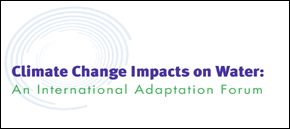
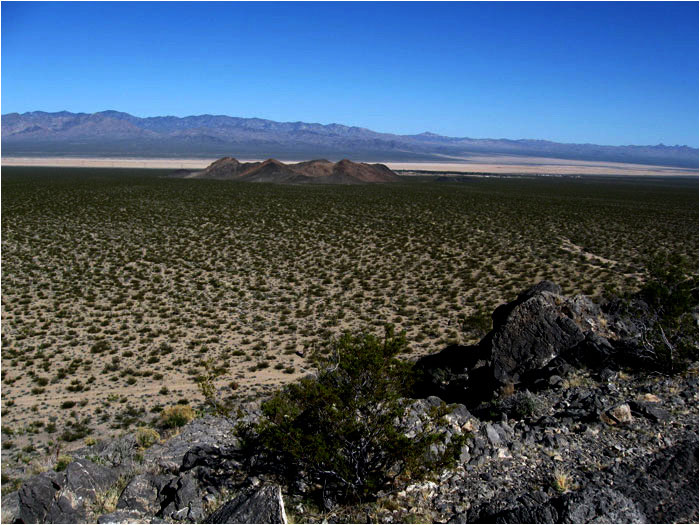
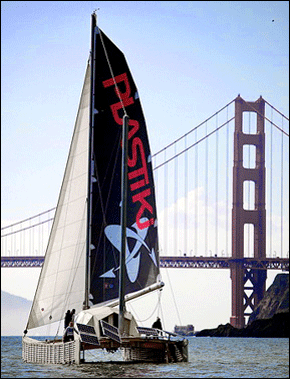

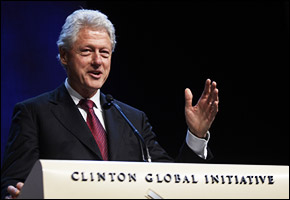




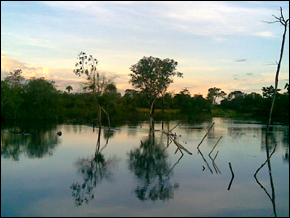
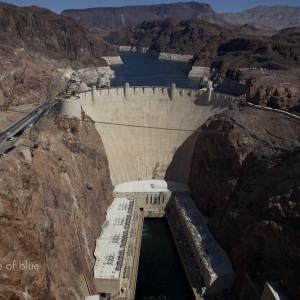
Leave a Reply
Want to join the discussion?Feel free to contribute!